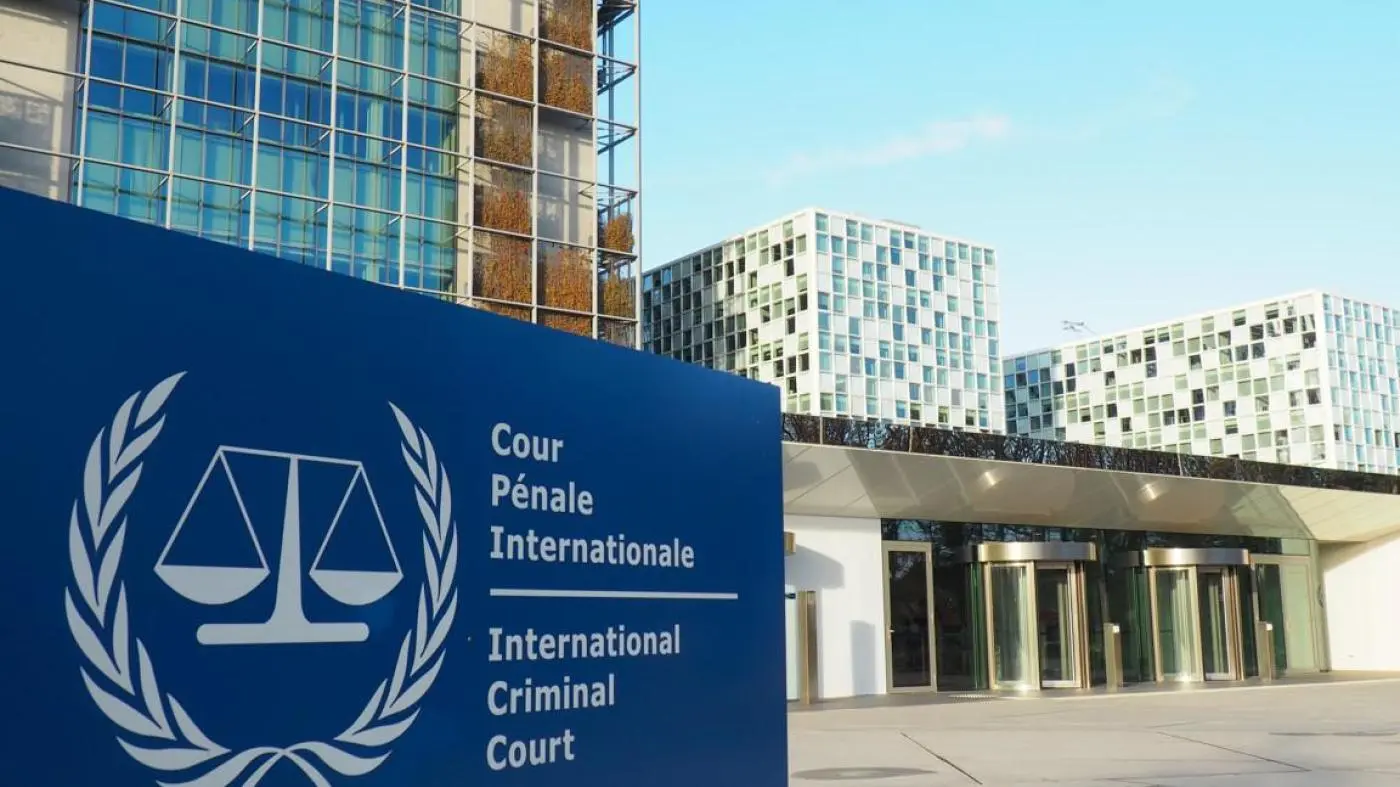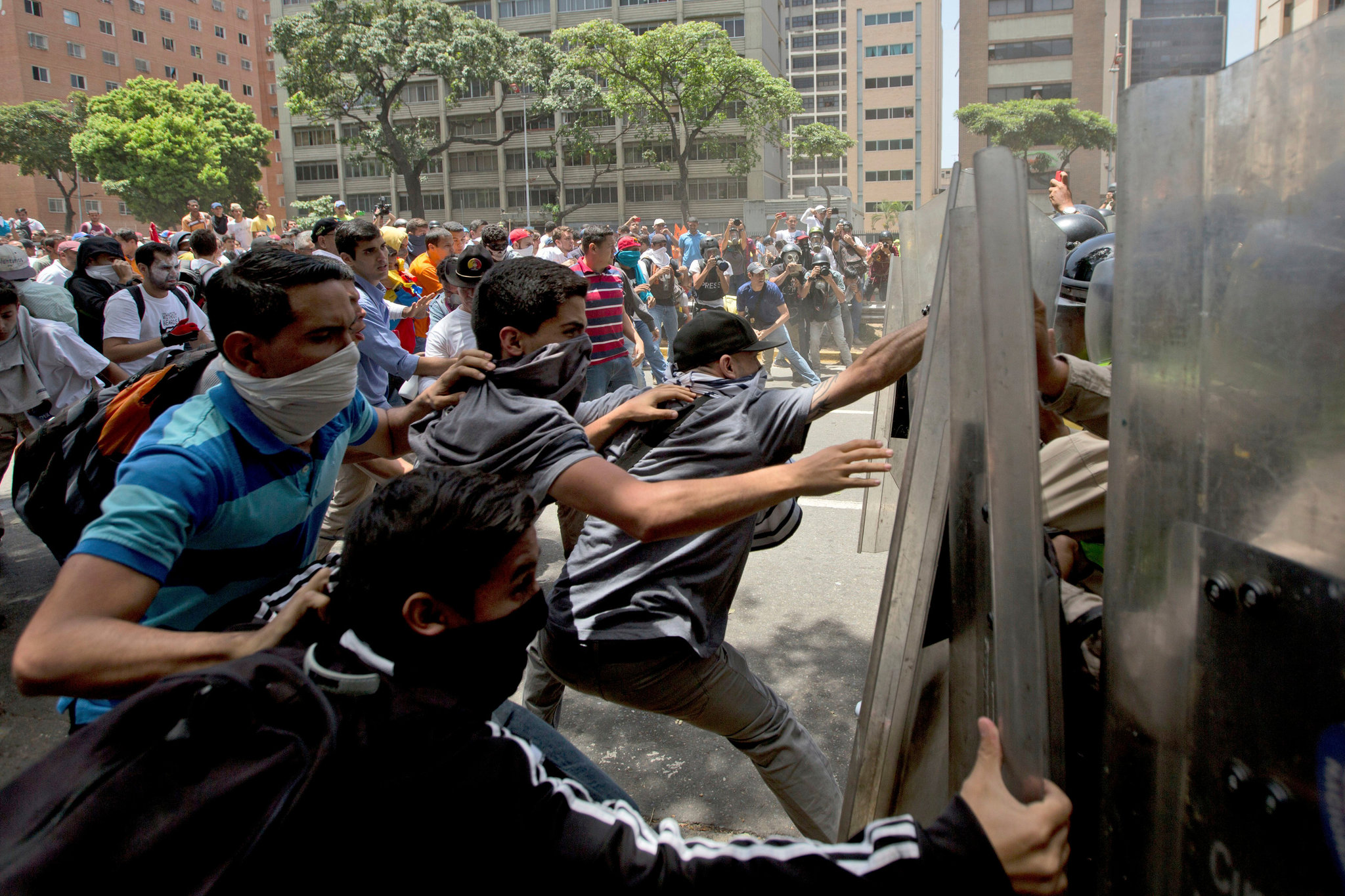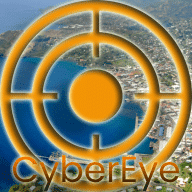
The International Criminal Court (ICC) has made a pivotal decision, allowing the investigation into alleged crimes against humanity by Venezuelan security forces during the 2017 anti-government protests to move forward. This decision marks a significant moment in the pursuit of accountability and justice for the victims of the crackdown under President Nicolás Maduro’s regime.

The appeals panel, led by Presiding Judge Marc Perrin de Brichambaut, firmly rejected Venezuela’s appeal against the investigation. This ruling has been hailed as a “beacon of hope” by Human Rights Watch, emphasizing the ICC’s crucial role in providing a path to justice where Venezuela’s own legal system has fallen short.
The investigation was initiated by the court’s chief prosecutor, Karim Khan, after a comprehensive preliminary examination and an official request by six countries in 2018. Despite Venezuela’s attempt to assume responsibility for the case, the ICC deemed the national efforts insufficient in addressing the alleged crimes, thus paving the way for the international court to step in.
This development underscores the complexities of international law and the principle of complementarity, which mandates the ICC’s intervention only when national jurisdictions are unable or unwilling to prosecute. The judges’ decision to resume the investigation reflects concerns over Venezuela’s limited and sporadic investigative actions, suggesting a lack of comprehensive and meaningful pursuit of justice within the country.
Venezuela’s government, however, insists that the alleged crimes against humanity “never occurred” and maintains that the national justice system has been adequately addressing and punishing the few crimes that have been identified. This stance highlights the tension between national sovereignty and the international community’s demand for accountability in cases of gross human rights violations.
As the ICC’s first investigation in Latin America progresses, it not only represents a critical step towards justice for the victims of the 2017 protests but also sets a precedent for international intervention in similar situations across the region and beyond.



 and then
and then